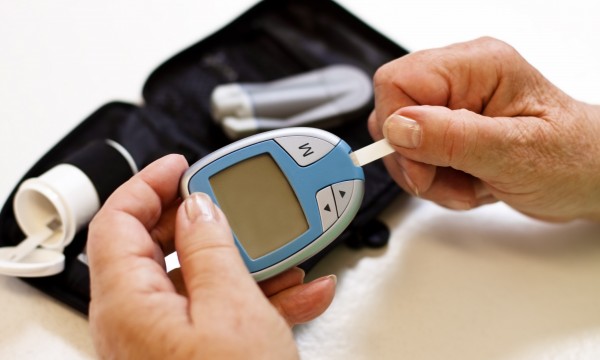If you know someone with diabetes, or are considering getting yourself tested for the condition, you're probably wondering the difference between type 1 and type 2. These useful tips will give you the basic knowledge you need about this condition.
- Browse Categories
- All Tips
-
Home & Garden
- All
- Appliances
- Bathroom
- Cleaning
- Crafts
- Decorating
- Electrical
- Flooring
- Furniture
- Garage Door
- Gardening
- Green Living
- Heating
- Home Alarm Systems
- Home Maintenance
- Home Remedies
- Home Security
- Home Staging
- House Sitting
- Junk Removal
- Kitchen
- Lawn Care
- Lock Systems
- Moving
- Outdoor Living
- Pest Control
- Plumbing
- Renovation
- Roofing
- Snow Removal
- Storage
- Tools
- Tree Service
- Health
- Family
- Travel
- Auto
- More Tips

Easy tips on diabetes types
October 9, 2015

Type 1 diabetes
No one knows what causes type 1 diabetes, though researchers suspect that genetic, and environmental factors play a role. This is still something of a mystery but experts think that add to this autoimmune factors when your body incorrectly identifies normal body substances as foreign invaders and mounts an immune attack to destroy them.
This type of diabetes is often referred to as "juvenile," because it is usually diagnosed in children, teenagers or young adults.
Type 2 diabetes
Type 2 diabetes becomes more common with age, in part because cells in older bodies tend to become more insulin resistant. But it is also true that people often get more sedentary with age. Their metabolism slows down, yet they eat just as much — or more. All of those elements are a prescription for an increased risk of diabetes.
This type of diabetes is most common in people over 40 who are also overweight. This is one reason why exercise is so important in order to deal with this condition head on.
Managing pre-diabetes and diabetes
The news about diabetes includes many glimmers of hope.
A landmark Diabetes Prevention Program (DPP) study proved that a simple formula — lose a little weight, exercise 30 minutes most days and eat less saturated fat — worked better than a pill for slashing risk of full-blown diabetes in people with pre-diabetes.
Diabetes can be managed with a healthy lifestyle, healthy eating and medication. There are many options out there for those with diabetes.
It is also a good idea to talk to someone who is already managing diabetes well. Today, diabetes-focused wellness programs are springing up everywhere. The secret? You don't have to drop 40 pounds or train for a marathon to get results — losing just seven percent of your body weight and exercising a half-hour most days of the week is all it takes.
Easy facts on diabetes
Diabetes 1 and diabetes 2 are very different conditions that affect different age groups. Knowledge about how to prevent and manage this illness will help you get in control of your life and not only that – help you to enjoy it.







